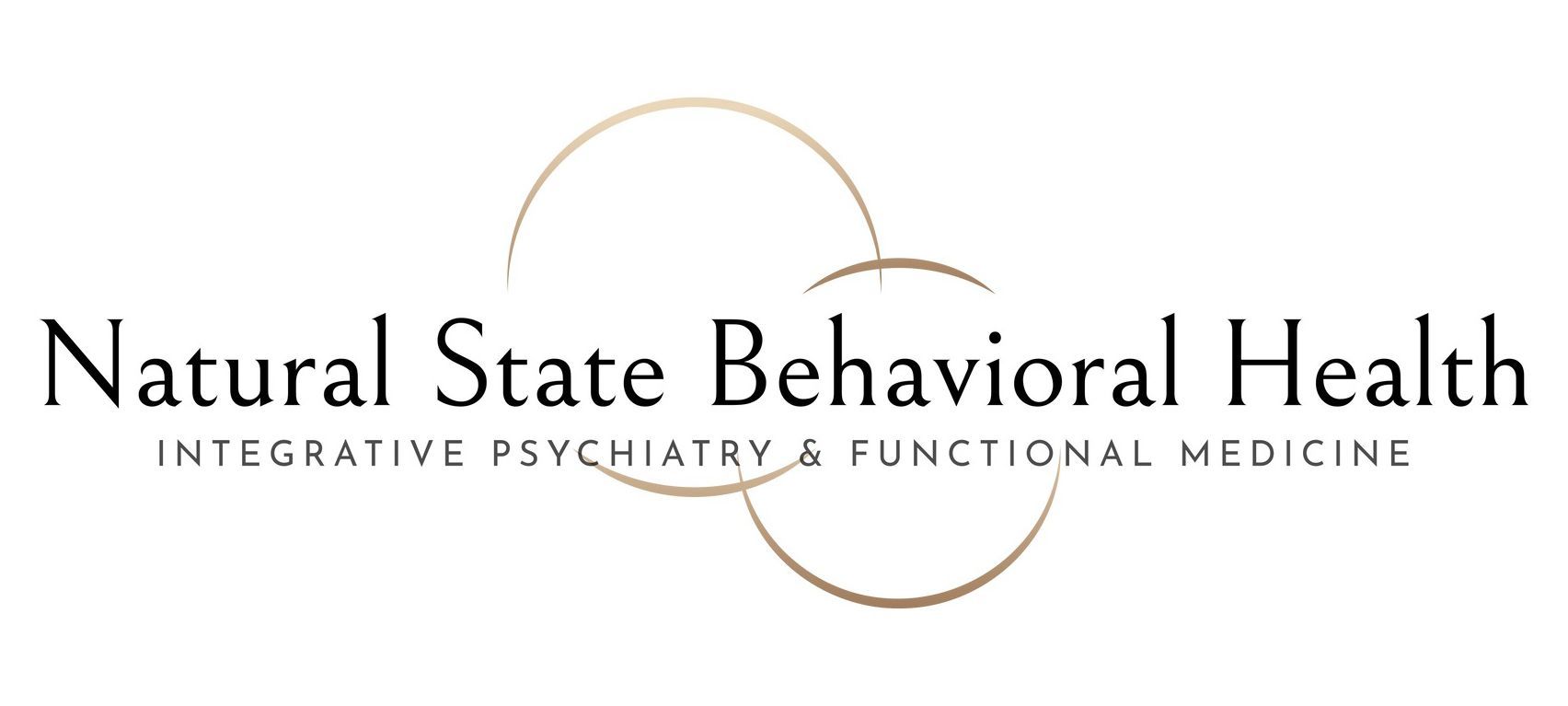1401 Malvern Hot Springs, AR 71903
Erin Holleman, APRN, PMHNP-BC, FNP-BC, APHN-BC
“Do the best you can until you know better. Then when you know better, do better.”
- Maya Angelou
These are words to live by. I practice this mindset daily and I try to instill this basic principle into my clinical practice in both myself and my clients. In fact, my personal and professional journey of leading me to where I am at today, is a series of striving to learn more and do better with new found knowledge.
I have been involved in health care in some form or fashion since I was sixteen years of age. That passion for caring started with animals at a veterinary office working as an assistant. Then I moved towards caring for humans after several events changed the course of my life at nineteen years of age. In less than a two-month time frame, I was in car wreck, my dog died, and a person very close to me also died in a car wreck.
I sustained multiple broken bones and traumatic wounds. Initially, I was paralyzed from the waist down and was told I would never walk again. I was also at risk of losing a leg due to the trauma it had sustained. After numerous surgeries to my back and leg which included plates, rods, bone grafting, and skin grafting, I was on the mend and defying the odds. It was through these experiences I was able to learn to appreciate medicine and the human body. I learned first-hand the resilience we are capable of when given all the right tools and support to heal and repair oneself. This journey will continue to be life-long but there were certain principles I adopted early on and still resonate with me today. Some of these principles include:
1). It takes time for the human body to recover and you have to nurture it along the way to help it reach its fullest potential. Time can be measured in as little as a few days, to months or years when it comes to the healing process.
2). You never go back to where you originally came from both physically and mentally. Emotional and physical scars change us. We are all in the process of becoming something new and the goal is to become a better and improved version of yourself along the way.
3). Accept the challenge. I have been given many challenges in life but I have learned I can either accept adversity head on as a challenge or I can push back against it every step of the way. Either way, that thing, that challenge, it is still going to happen.
My body still bears the scars and lingering pains from a moment in time that happened long ago and it is with these experiences I began my journey into a life of learning about medicine and the human experience. This passion was further fueled by a son who was exhibiting symptoms of autism at an early age. He was officially diagnosed at around three years of age and he has been a driving force in propelling me to learn as much as I can so that I may better help him and others to reach their fullest potential.
The diagnosis of autism in my son has led me on a path of unrelenting learning and discovery in mental health and neurodevelopmental disorders. It has also led me on a path to leave no stone unturned in my quest to help my son and my clients with the unique challenges we all face. There are so many underlying factors that contribute to and exacerbate mental health and neurodevelopmental symptoms and diagnoses. Some of these variables are out of our control, but many are very treatable.
What I have been learning is that conventional medicine tends to ignore a lot of the underlying treatable causes of not just neurodevelopmental disorders but all mental health disorders in general. In the world of psychiatry, the fix tends to be to prescribe a psychotropic medicine in combination with a recommendation of therapy for a symptom or a diagnosis. When medicines are prescribed as the initial first step, sometimes it is absolutely necessary. Often times, however, it is not. Clients are then left to stay on the same medicine for years or the rest of their lives or told they have “treatment resistance”. This can begin the never-ending prescribing of new pharmaceutical drugs that promise to be the best treatment for their symptoms, where the last ones failed.
What I now believe and I am on a quest to offer to my clients, is we have to treat the root causes. These causes are unique for each individual and there is not a one sized approach to their care. Factors that may affect each person may be nutritional, environmental, genetic, hormonal, and biochemical. We have to look at the whole person and move away from a paradigm of only treating the symptoms.
Mental health and neurodevelopmental disorders are increasing at alarming rates. Some may argue this is due in large part to better testing and screening or more awareness. I don’t think that explanation is entirely accurate, nor do I think it looks at all contributing factors. Some of these factors include environmental changes, poor food quality, and increases in screen time. We have to do better. Future generations are at stake with these alarming trends and increasing rates of neurodevelopmental and mental health disorders. I hope to help by being a driving force in changing the way we view not only psychiatry, but the way we treat clients who suffer from any of these mental health and neurodevelopmental conditions.



